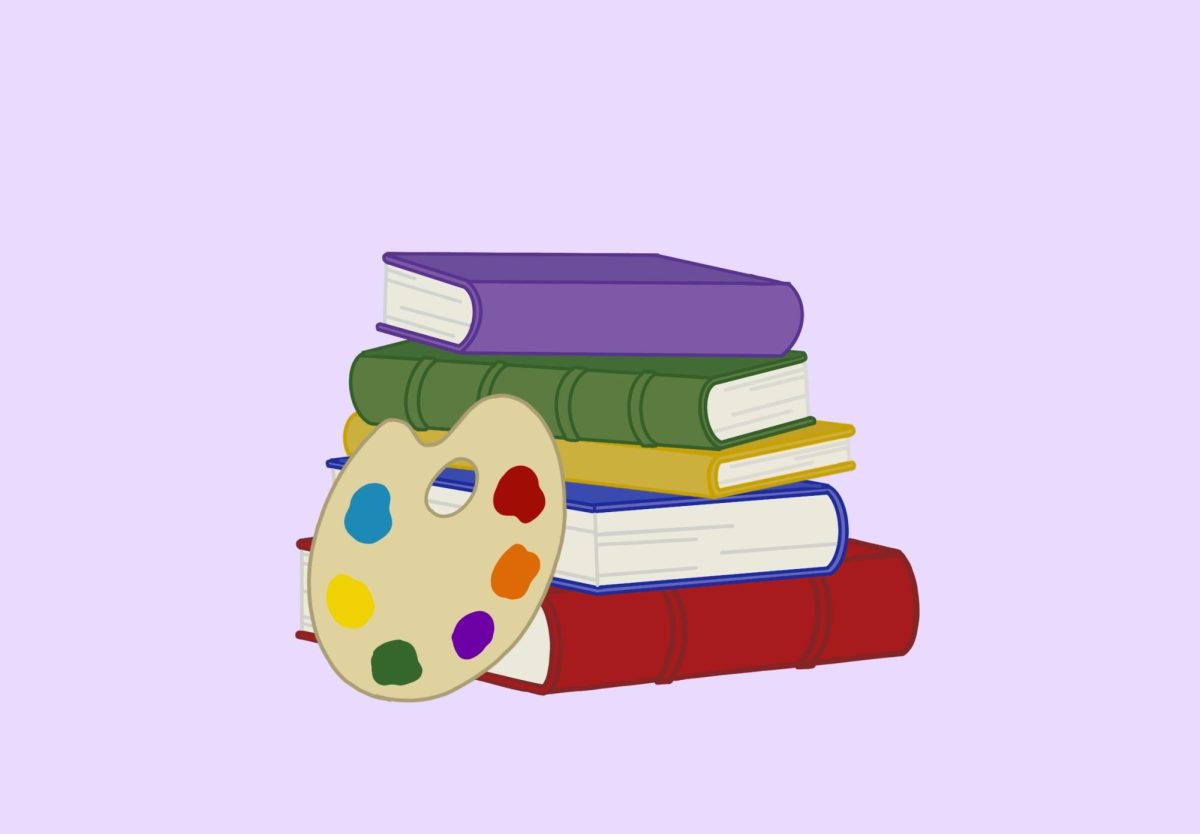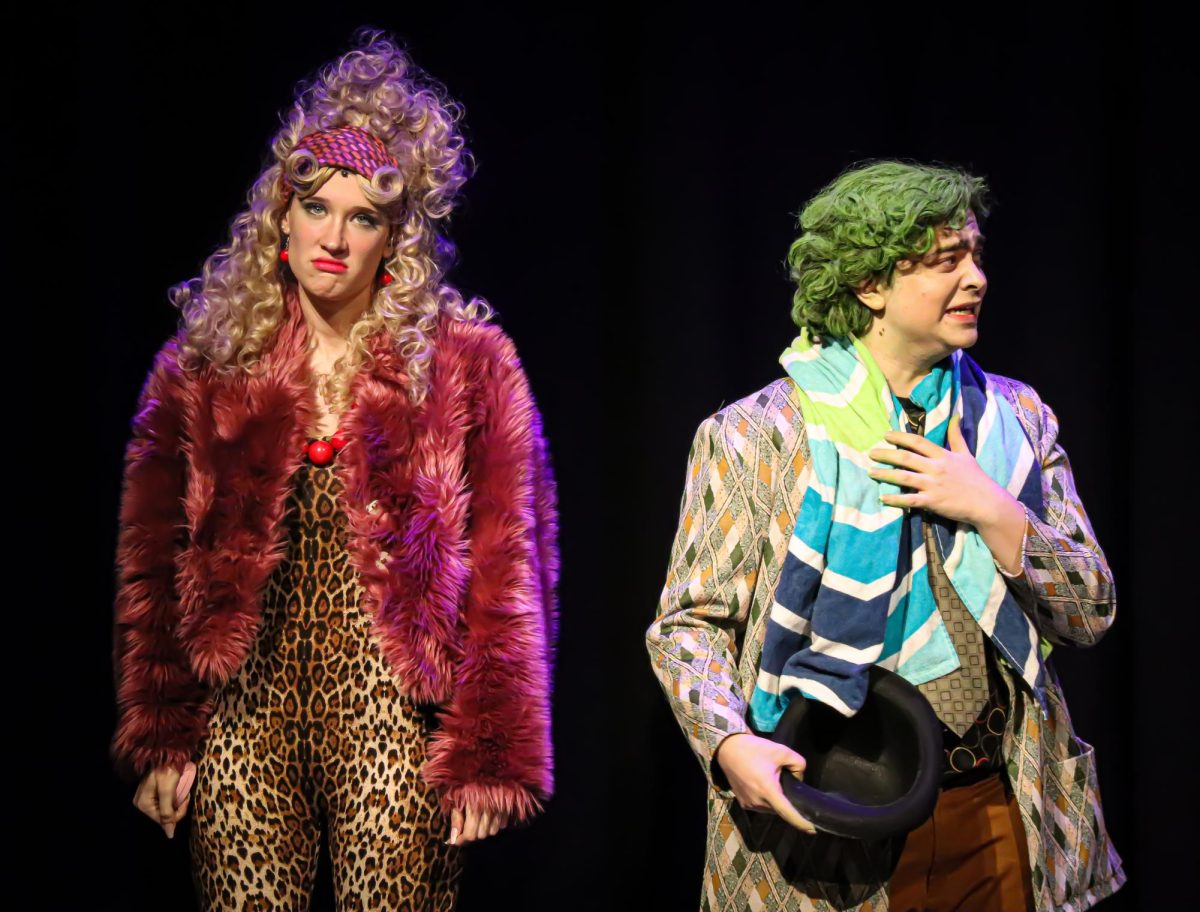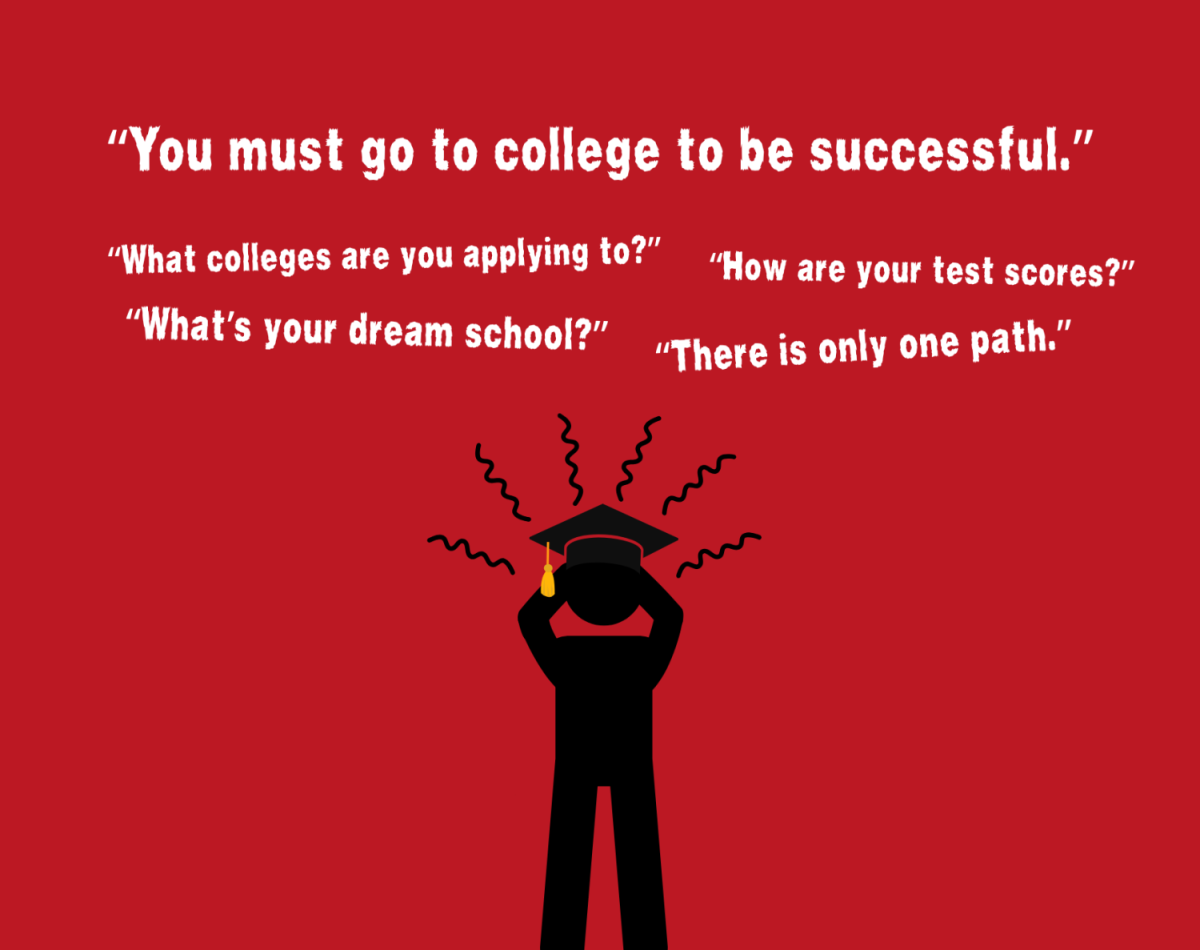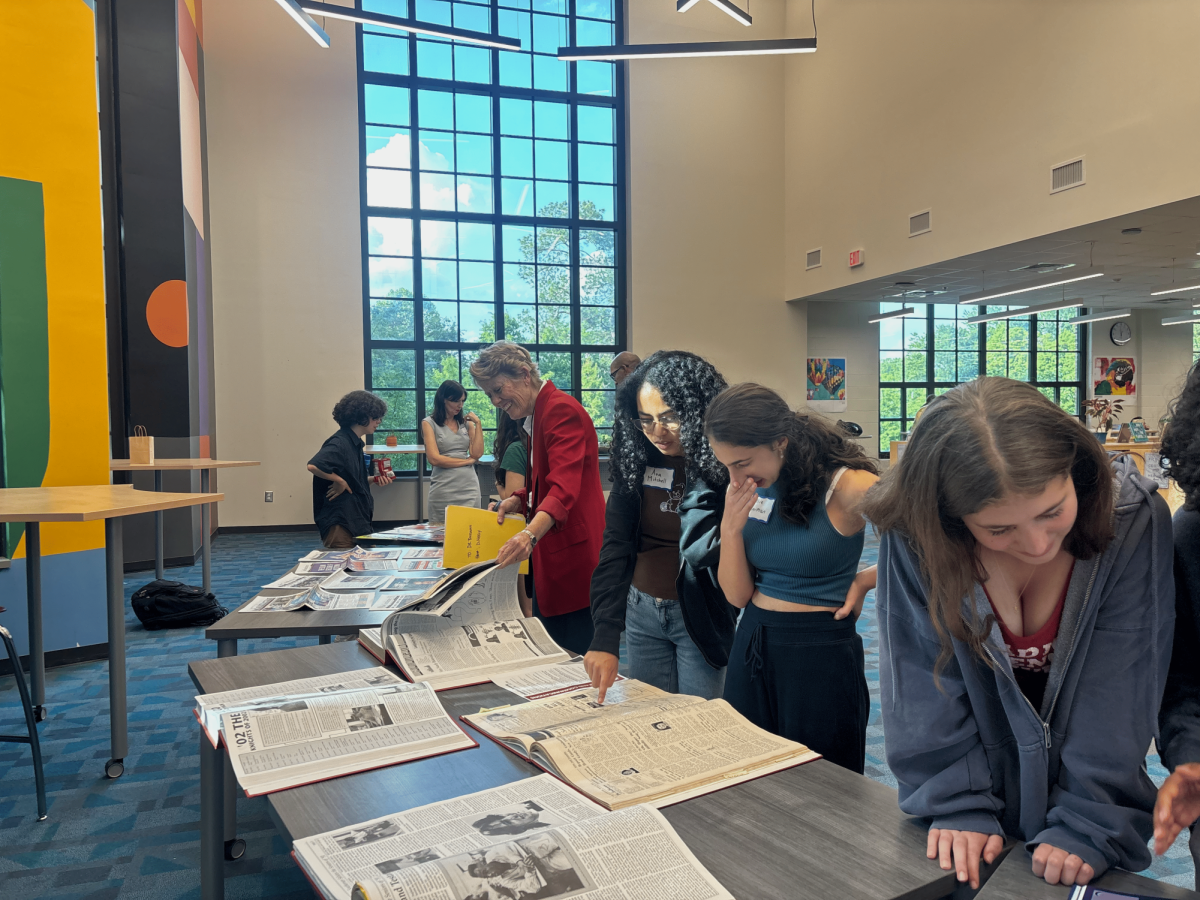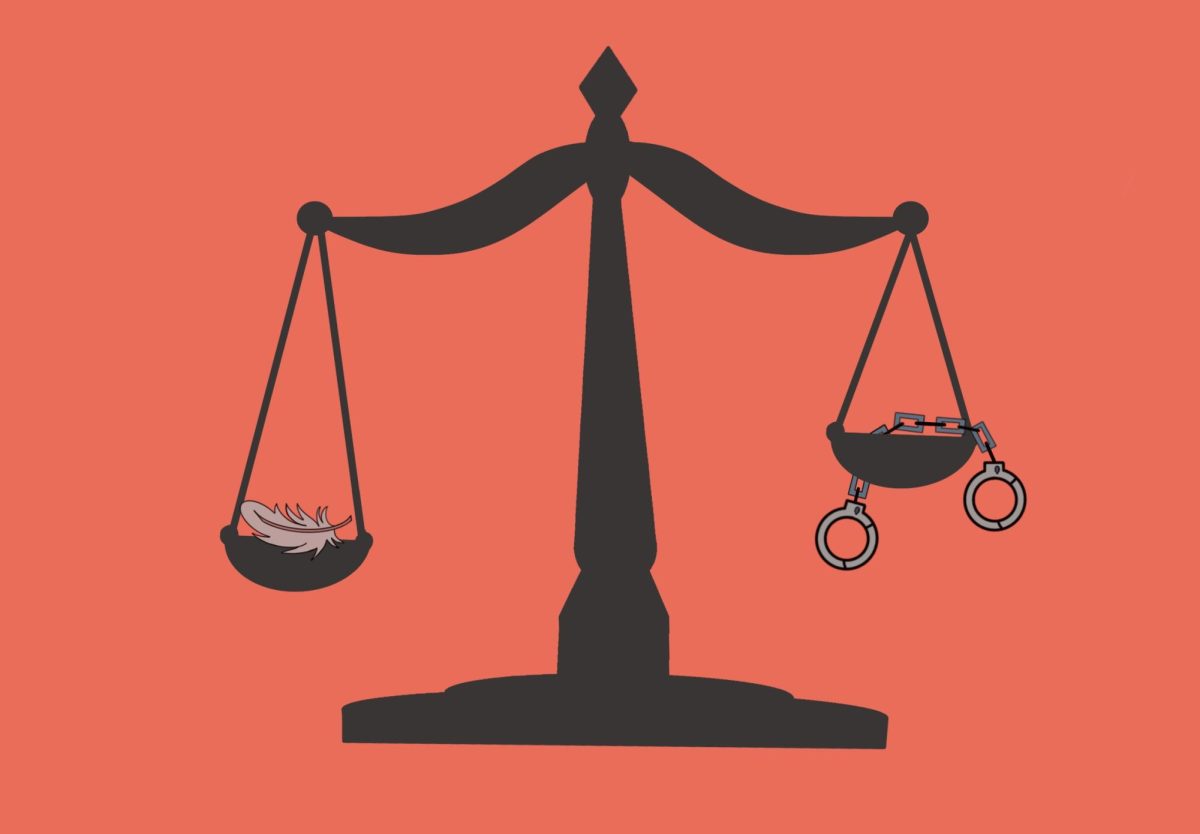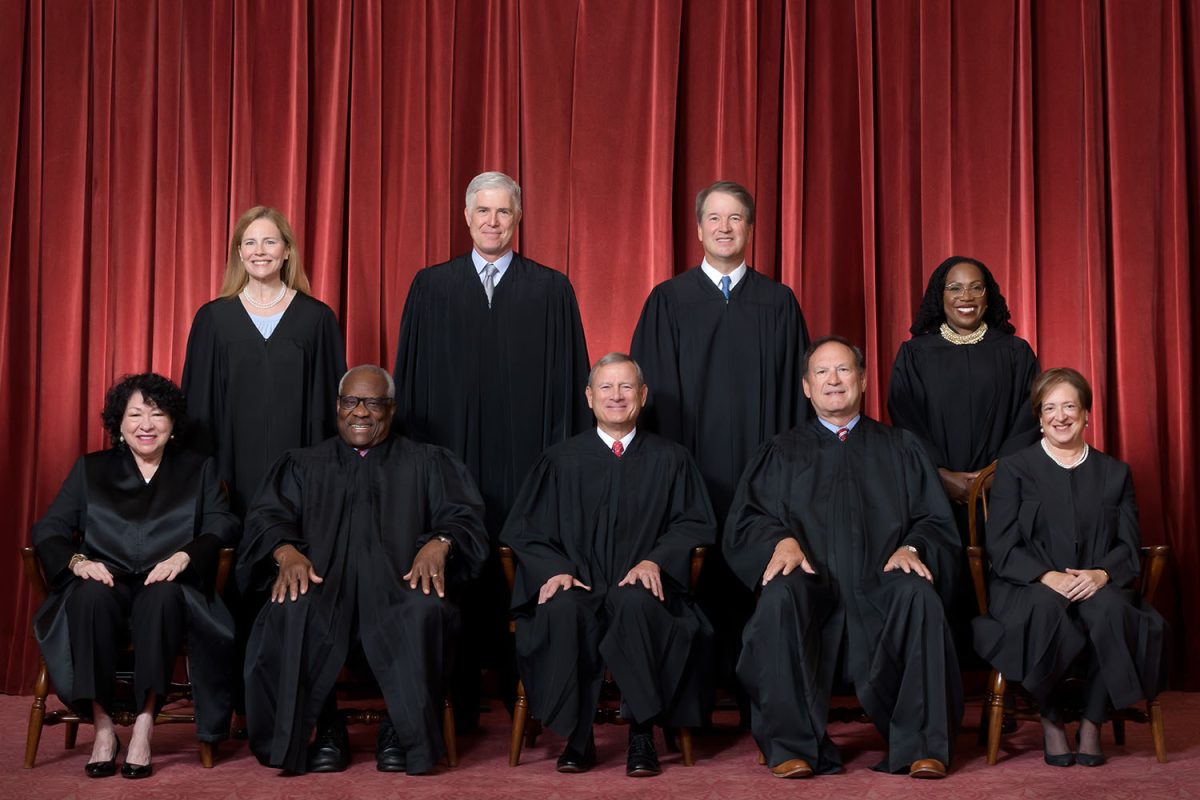In an educational environment where rigidity and structure dominate, arts stand as a beacon of light and creativity. Beyond textbooks and exams, students have the potential to spark innovation and evoke positive stress. Arts play a pivotal role in educational settings as they have a positive impact on students’ academic abilities, creativity and communication skills, which assist students throughout their education and career.
In the early 1820’s, arts were first introduced to the public education system due to the need for more architectural designers during the Industrial Revolution. As public schooling expanded across the nation, arts in education did as well, promoting more funding towards the art curriculum in the late 1870’s. However, later in the 19th century, arts in the public education curriculum began to decline and became less common, pushing for individual art programs, such as Savannah College of Art and Design (SCAD), to surface.
Today, art programs and curriculums are growing, as seen by the 4% increase in full-time art teachers and the 3% increase in art teachers with their own classrooms. In Georgia public schools, only 4% of public school systems do not offer an arts education. However, one of the most prominent issues faced by the arts curriculums today is the lack of resources provided. Schools often experience a deficit in funding to supply materials and equipment for art rooms. Another limitation arts curriculums face is the perception of arts as being non-essential in an education pathway, as revealed in a survey conducted by the Sunday Times, where 71% of people deemed artists to be the No. 1 non-essential jobs. Despite these challenges, there is optimism in the growing support for arts education, indicating a positive shift in recognizing its significance for students’ overall development.
Furthermore, arts play a crucial role in cognitive and emotional development, as well as academic achievement through its ability to bolster creativity and enhance communication skills. When young people create art it allows them to express themselves and gain a deeper understanding of general topics. By engaging in arts, students utilize cognitive thinking skills as they are pushed to think beyond conventional limits. Therefore, exposure to diverse artistic expressions broadens students’ perspectives and encourages empathy, contributing to a well-rounded education.
Not only does art in education improve cognitive thinking, but it brings profound emotional and psychological advantages through creative expression, which can help students navigate and understand their emotions more effectively. This improves mental well-being and creates a deeper connection with themselves and those they share the art with. Academically, art experiences allow students to boost their critical thinking skills by pushing them to be more careful and pay more attention to detail. Art gives meaning and understanding to the world, and the ability to appreciate different perspectives.
Skills students may acquire through their experience with arts in education are important for future careers and paths. In careers such as law or public speaking, effective communication is essential to excel. In other careers such as business and entrepreneurship, creativity is crucial for problem-solving, and can be applied to marketing and branding. Both these skills, creativity and effective communication, can stem from participating in an art curriculum. The integration of art into education not only enhances academic development but also equips students with valuable life skills applicable to diverse professional fields.
In arts education, challenges such as tight budgets and the negative perception of arts in education are common. Solutions include seeking grants and fundraising for resources and classrooms, stronger persuasion of integrating arts into the curriculum and public advocacy to change the misconceptions about arts in education.
Over the years, the art curriculum in the education system has significantly increased, to the point where almost every school in Georgia has at least one art class. The misconception that art pathways are non-essential is contradicted by the fact that arts play a significant role in cognitive and emotional development and improving academic performance. In order to fully enhance the effect of arts in education, more funding must be secured to provide students with better resources. Arts remain pivotal in creating well-rounded students, affirming their unchangeable role in education’s evolving landscape.

